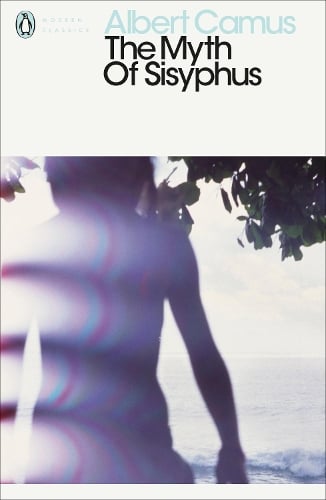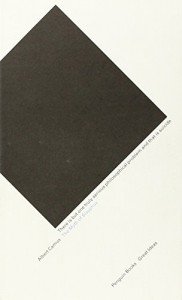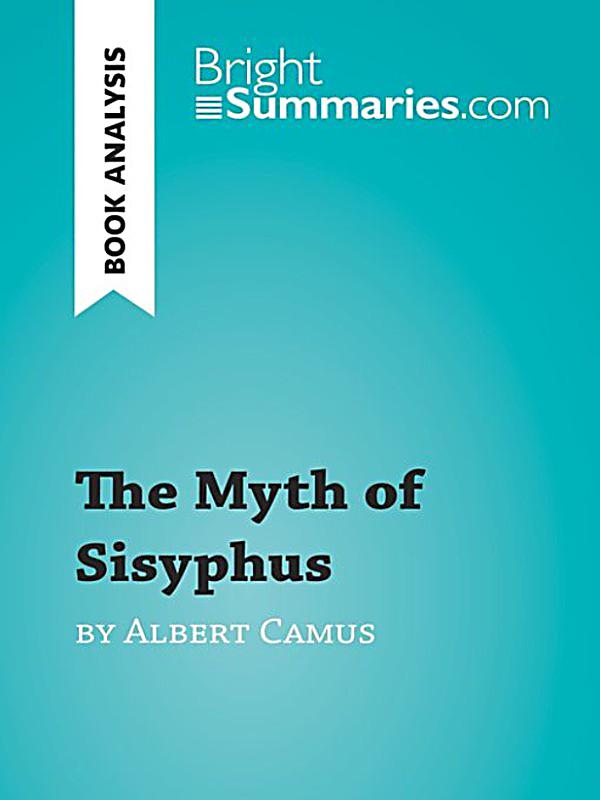


Similarly, people are only tormented by the nature of existence when they become aware of the absurd. As Camus points out, Sisyphus’s punishment is only torture because he is cognizant of the futility of his labor. Sisyphus is a mythological character who is punished by the gods to push a boulder up a hill only to have it roll down again, over and over for all eternity. The last couple pages, though, are the most memorable of the essay– this is the part devoted to the actual Sisyphus myth.

The middle section of the essay is devoted to analyzing examples of “absurd men”– people who embody this philosophy, and the ins and outs of authors like Dostoevsky and how they do or do not embody absurdism. Paradoxically, happiness is found in living with full acknowledgement of the tragedy and futility of human existence. You must strike a balance, being careful never to sacrifice your integrity for false hope or to give up. To become “conscious” is to know and recognize the futility of your existence but continue to live anyway. To Camus, the ultimate life is one lived with the absurd in full view. Kierkegaard’s leap of faith, analogously calling this “philosophical suicide.” Both of these options stop you from acknowledging and embracing the full truth of the absurd. He also rejects the adoption of hope for meaning or eternal life, e.g. The essay opens with the famous line, “there is but one truly serious philosophical question, and that is suicide.” Upon realizing the meaninglessness of life, is it logical to kill yourself? Camus says no. When you break away from the autopilot motions of everyday existence and become cognizant of the absurd, there is no going back and it becomes necessary to recognize the absurd in determining how you live your life– and that is what The Myth of Sisyphus is about. It was only when I began to read Camus that I found a name for this feeling: the absurd.Īccording to Albert Camus, the absurd is the confrontation between humanity’s search for a meaning and a universe that offers none. I was horrified at the idea that the universe could have no divine meaning at all, and suddenly felt confronted with a void of existential emptiness which disturbed and scared me.Īs the months passed, this feeling, which I had been trying to suppress via all manner of distractions and philosophical soul-searching, only continued to grow and become all-consuming in my life. “The Myth of Sisyphus transformed twentieth-century philosophy with its impassioned argument for the value of life in a world without religious meaning.” My ThoughtsĪ few years ago, after abruptly realizing the hollowness of my religious faith, I found myself sitting in my room, desperately praying for God to reveal his existence to me.


 0 kommentar(er)
0 kommentar(er)
